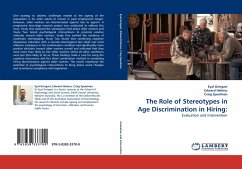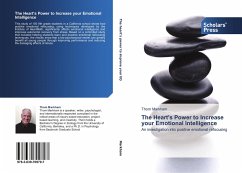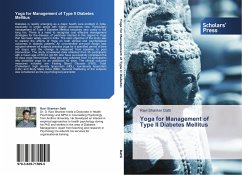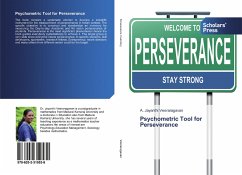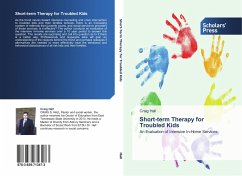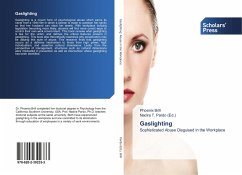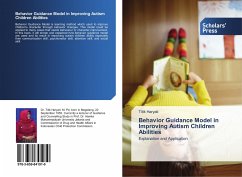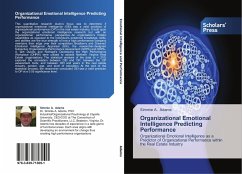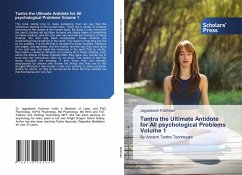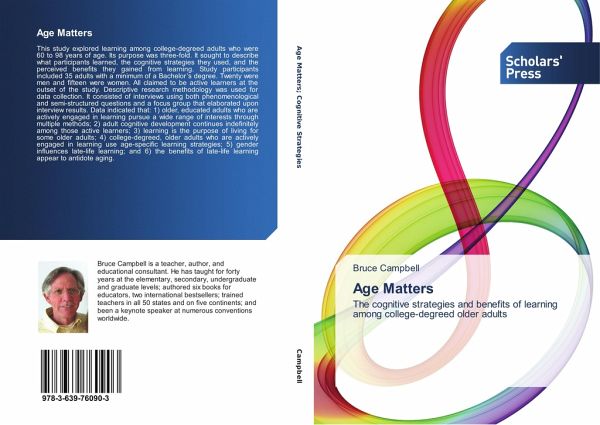
Age Matters
The cognitive strategies and benefits of learning among college-degreed older adults
Versandkostenfrei!
Versandfertig in 6-10 Tagen
59,99 €
inkl. MwSt.

PAYBACK Punkte
30 °P sammeln!
This study explored learning among college-degreed adults who were 60 to 98 years of age. Its purpose was three-fold. It sought to describe what participants learned, the cognitive strategies they used, and the perceived benefits they gained from learning. Study participants included 35 adults with a minimum of a Bachelor s degree. Twenty were men and fifteen were women. All claimed to be active learners at the outset of the study. Descriptive research methodology was used for data collection. It consisted of interviews using both phenomenological and semi-structured questions and a focus grou...
This study explored learning among college-degreed adults who were 60 to 98 years of age. Its purpose was three-fold. It sought to describe what participants learned, the cognitive strategies they used, and the perceived benefits they gained from learning. Study participants included 35 adults with a minimum of a Bachelor s degree. Twenty were men and fifteen were women. All claimed to be active learners at the outset of the study. Descriptive research methodology was used for data collection. It consisted of interviews using both phenomenological and semi-structured questions and a focus group that elaborated upon interview results. Data indicated that: 1) older, educated adults who are actively engaged in learning pursue a wide range of interests through multiple methods; 2) adult cognitive development continues indefinitely among those active learners; 3) learning is the purpose of living for some older adults; 4) college-degreed, older adults who are actively engaged in learning use age-specific learning strategies; 5) gender influences late-life learning; and 6) the benefits of late-life learning appear to antidote aging.



